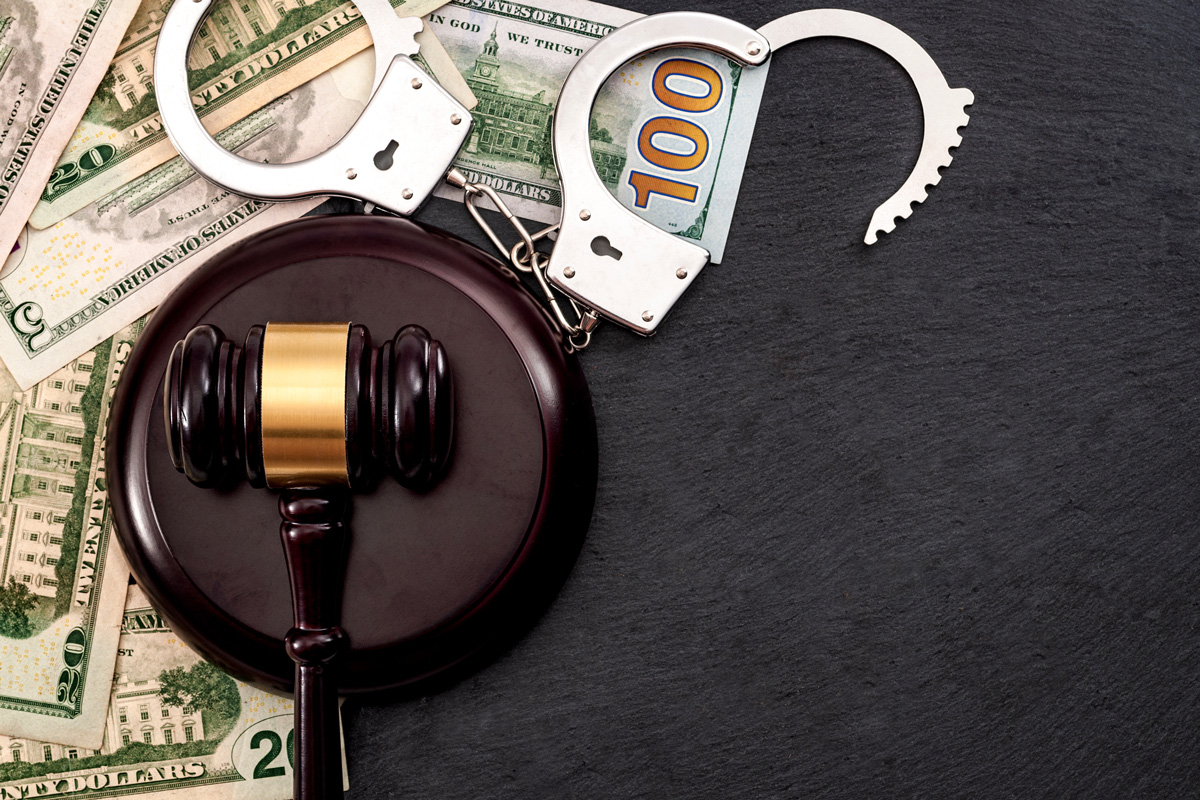
The bail system plays a vital role in ensuring that individuals accused of crimes appear in court while allowing them to continue their lives outside of jail during the legal process. A key component of this system is the cash bond, which can offer benefits not only to the accused but also to the broader legal system. While cash bonds are often debated, they can positively impact the bail system and help address some challenges in the incarceration crisis when used effectively.
Freedom Bail Bonds is the best bail bond company in West Texas. We’re committed to helping individuals navigate the bail process with reliable and affordable solutions. If you require a cash bond or any other bail bond, call (915) 877-9293 today.
Ensuring Accountability and Fairness
Cash bonds create a clear incentive for individuals to attend their court hearings. By requiring a financial deposit, the system encourages accountability, reducing the likelihood of skipped court dates. When individuals fulfill their legal obligations, the bail money is returned, creating a balanced approach that rewards compliance.
For families, this process can feel empowering. Contributing to a loved one’s cash bond demonstrates support and helps them focus on resolving their case. In many instances, cash bonds in El Paso ensure fairness by allowing individuals to secure their freedom without needing to navigate overly complex or exclusive systems.
Keeping Jails Less Crowded
The incarceration crisis in the United States is fueled in part by overcrowded jails. Cash bonds can help alleviate this issue by allowing those accused of nonviolent or minor offenses to await trial at home instead of sitting in jail. This helps reduce strain on local correctional facilities and creates more room for serious offenders who pose genuine risks to public safety.
Additionally, keeping individuals out of jail while awaiting trial prevents unnecessary exposure to dangerous environments. It allows them to maintain jobs, care for their families, and contribute to their communities, which can have a ripple effect of positive outcomes.
An Alternative to Lengthy Pretrial Detention
For those who can afford it, a cash bond serves as a ticket to freedom during a challenging time. It offers individuals the opportunity to continue their lives without the disruptions caused by lengthy pretrial detention. This freedom is particularly important for people who are innocent or whose charges are later dismissed.
While critics argue that cash bonds disadvantage low-income individuals, many jurisdictions are exploring ways to make the system more accessible. Sliding scales based on income or alternative payment options are promising steps that enhance the fairness of the system while retaining the accountability benefits of cash bonds.
Encouraging Reforms and Innovations
The cash bond system has also sparked important conversations about reform. Some jurisdictions are implementing hybrid models that combine cash bonds with risk assessments, ensuring that dangerous offenders remain in custody while low-risk individuals have a fair shot at release. This balance helps address concerns about equity while keeping communities safe.
As the legal system evolves, cash bonds remain an integral part of the conversation. Their ability to balance personal accountability, system efficiency, and public safety makes them a valuable tool in tackling the incarceration crisis.
Cash Bonds in El Paso
Cash bonds play a critical role in the bail system, offering benefits to individuals and the broader legal process when implemented thoughtfully. They encourage accountability, reduce jail overcrowding, and provide a fair way for many to await trial at home.
If you or a loved one needs help securing release, Freedom Bail Bonds is here to provide fast, affordable, and reliable assistance. As the best bail bond company in West Texas, we’re available 24/7 to guide you through the process. Contact us today at (915) 877-9293 for expert support.


